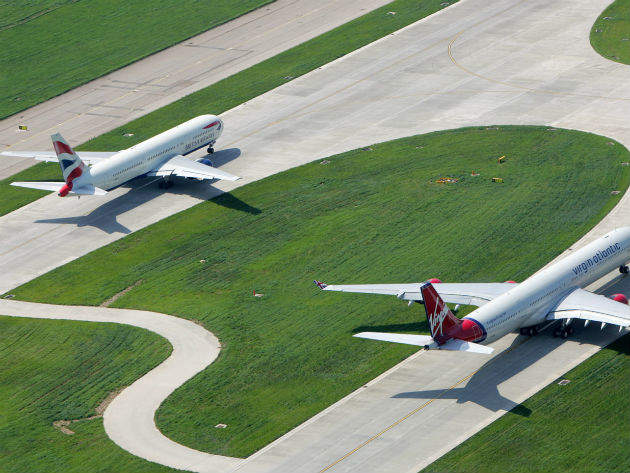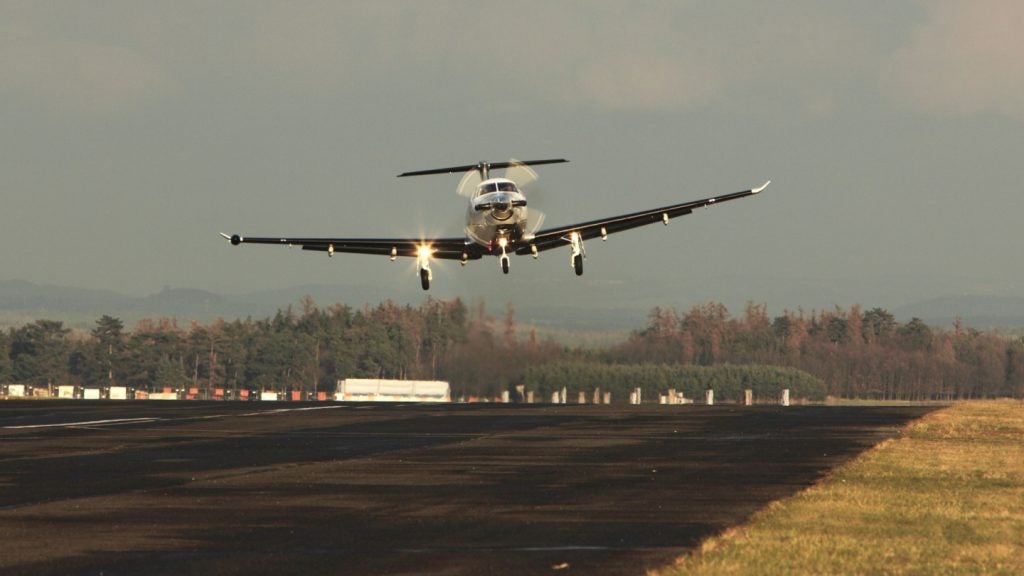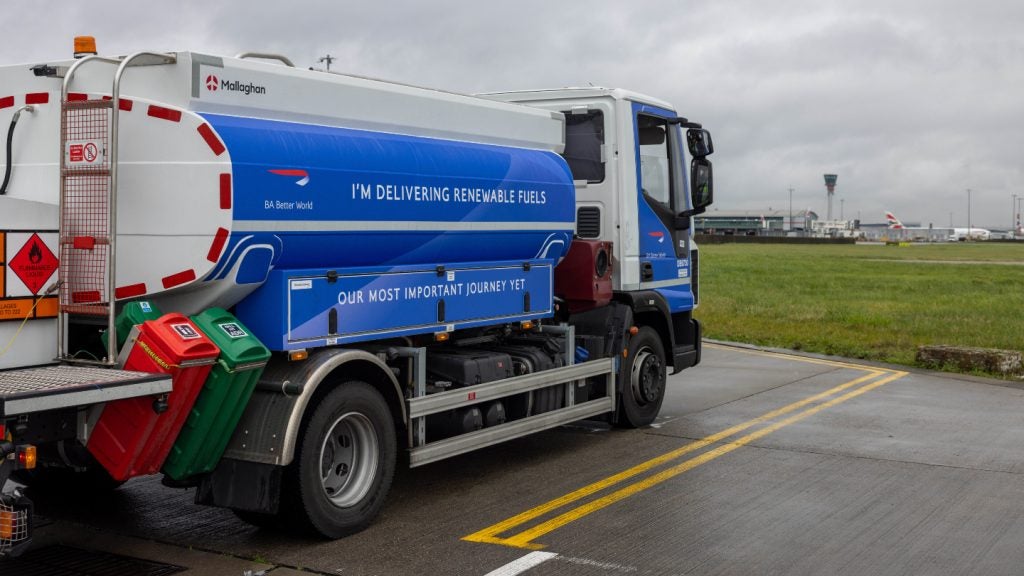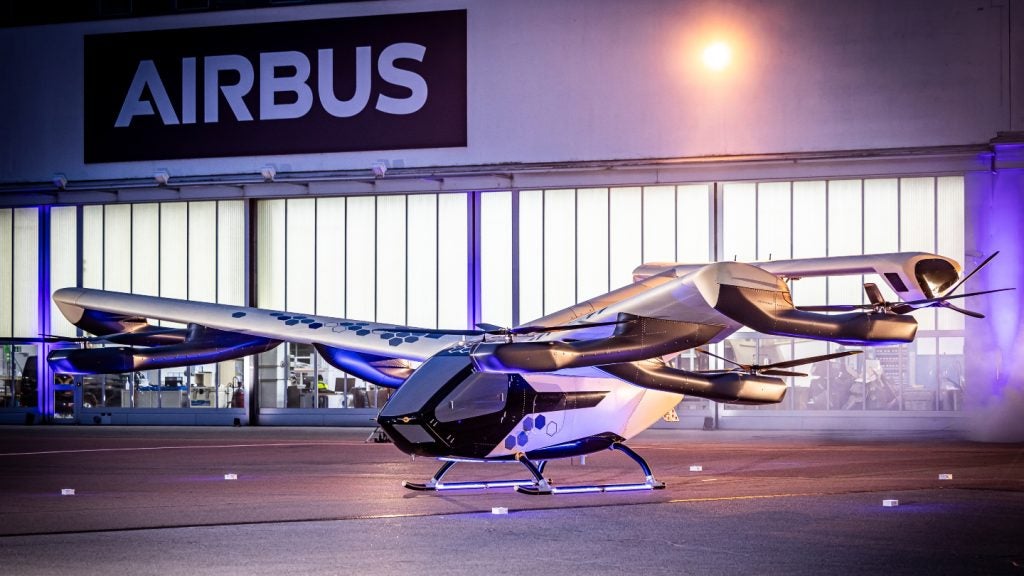

In a little over two months the UK Government’s draft Airports National Policy Statement consultation will close. As that date draws ever nearer, the London Assembly’s environment committee met with a cross-section of people on 16 March to unearth more of the nitty gritty. Much has, understandably, looked at air quality and pollution, but what about noise, which can be just as damaging to health?
Assembly member (AM) David Kurten asked: “How will aircraft noise, and noise from Heathrow, reduce? How is that possible while the airport expands and flights increase?” Matt Gorman, Heathrow’s director of sustainability and environment, highlighted the role of new aircraft, which are quieter and therefore a key plank of Heathrow’s noise mitigation strategy.
“Compare the early 1970s to today,” he said. “The noise footprint around Heathrow has fallen, even as flights have doubled.
“Planes are getting quieter, and Heathrow attracts more of those quieter planes than any other airport. We have more next-generation aircraft than our three closest European hub airports combined. Also, we can fly those aircraft more quietly. In future we’ll be looking at things like steeper approaches into the airport. There’s also operating restrictions [such as on night flights].”
See Also:
However, there will be people who are not currently affected by noise who will be should the new Northwest runway be built. “Inevitably, when you build a runway, you need a flight path,” said Gorman. “There’ll be people under that flight path who aren’t under one today.”
How well do you really know your competitors?
Access the most comprehensive Company Profiles on the market, powered by GlobalData. Save hours of research. Gain competitive edge.

Thank you!
Your download email will arrive shortly
Not ready to buy yet? Download a free sample
We are confident about the unique quality of our Company Profiles. However, we want you to make the most beneficial decision for your business, so we offer a free sample that you can download by submitting the below form
By GlobalDataHeathrow noise measures: just hot air?
This did not cut much ice with some of the committee members. How can Heathrow be certain, for example, that the new generation of aircraft will really make such a difference? Gorman, supported by Heathrow’s emissions strategy manager, Andrew Chen, told the committee that by the time a third runway opens, up to 90% of aircraft will be next-gen types. Landing charges are being used to incentivise uptake. Landing a particularly noisy plane could cost £9,000, said Gorman, while the quietest comes in at £600: “A clear incentive,” he said.
John Stewart, chair of the Heathrow Association for the Control of Aircraft Noise (HACAN), was not convinced, though, particularly with the assertion that noise from Heathrow has declined over the decades. “It all depends on the metric you’re using to measure noise,” he said. “In our view, there’s too much weight given to the noise of individual aircraft, and not enough weight given to the number of aircraft, which has increased dramatically. It distorts how people on the ground are hearing it. Since the 1970s, the number of complaints have soared, because what’s critical to people is the number of planes going over their heads.”
Even with quieter models, something Stewart supports, the volume of traffic is all-important. “If you’re going to increase the number of planes coming into Heathrow,” he argued, “that means it’s going to be a worse noise climate.” There’s a need, HACAN believes, for sustainable periods of respite without noise; “[it’s] central and critical”, according to Stewart. Heathrow is looking at this, confirmed Gorman, as well as putting together a “world-class” noise insulation scheme.
The current estimate suggests this could cost the airport £700m. According to Kurten, however, that money is spread over a period of 20 years, meaning some could be without proper insulation for a number of years. Gorman insisted the airport is consulting on this: “I can’t say any more than we will be looking at it.”
There’s plenty of debate left in this one.







